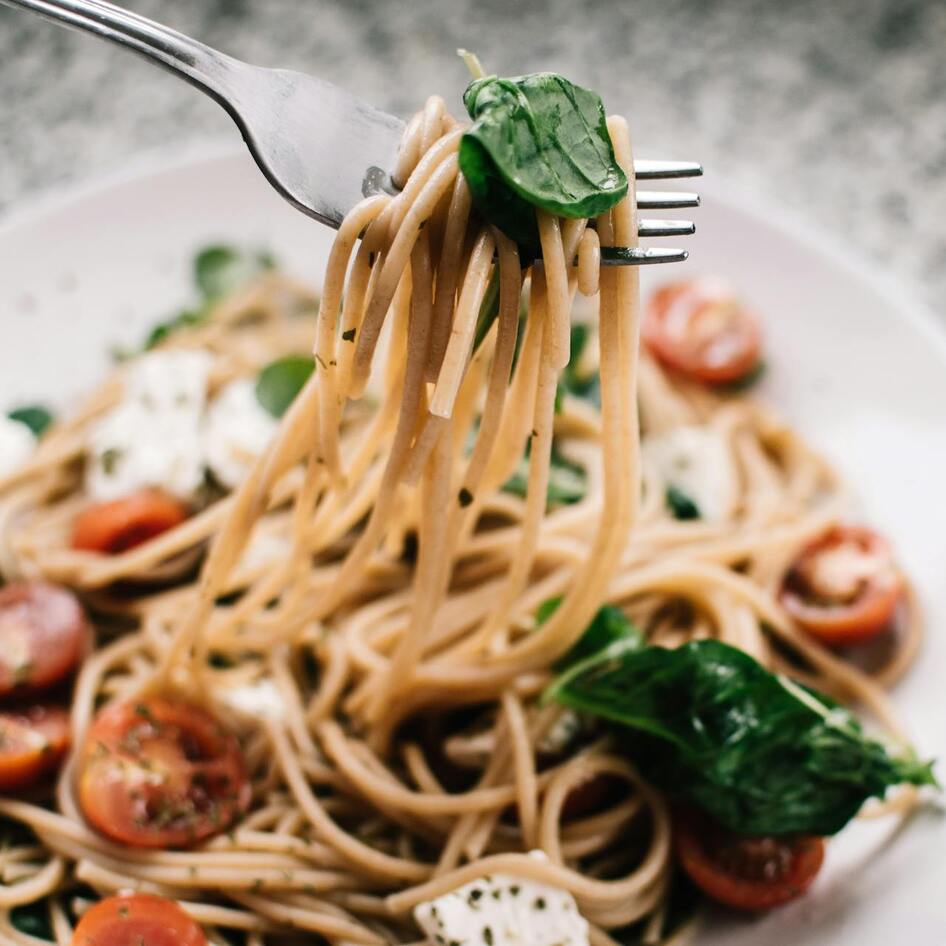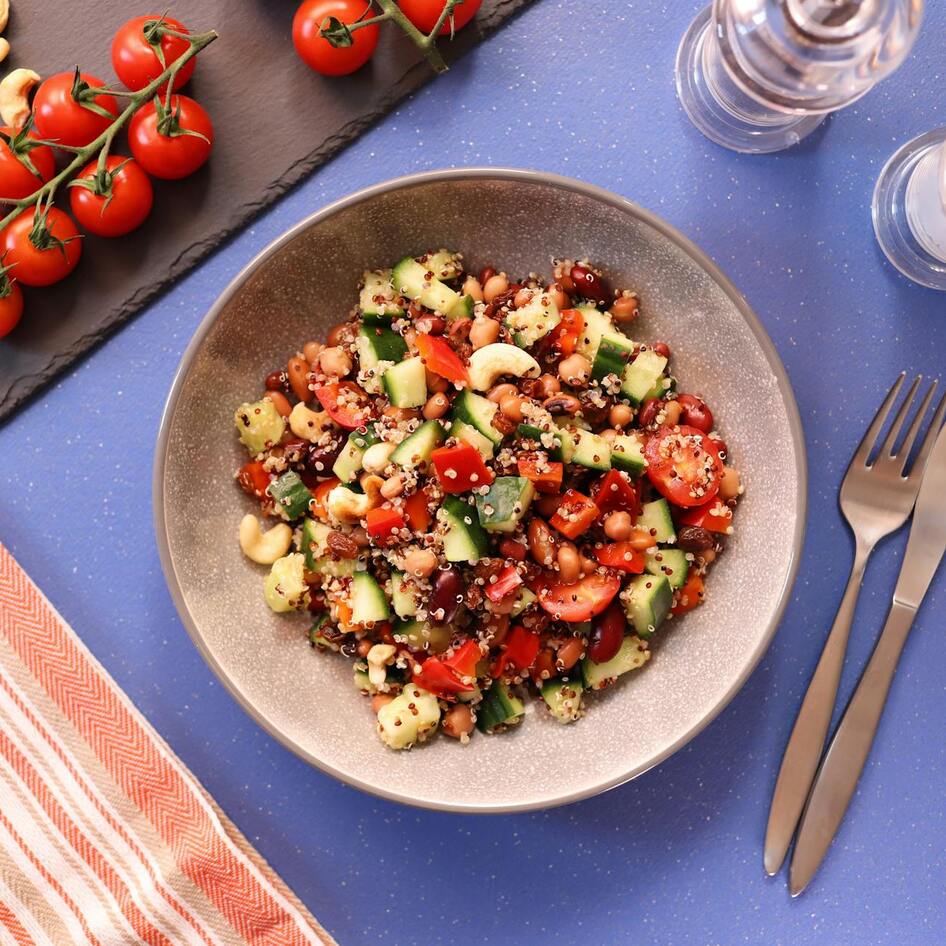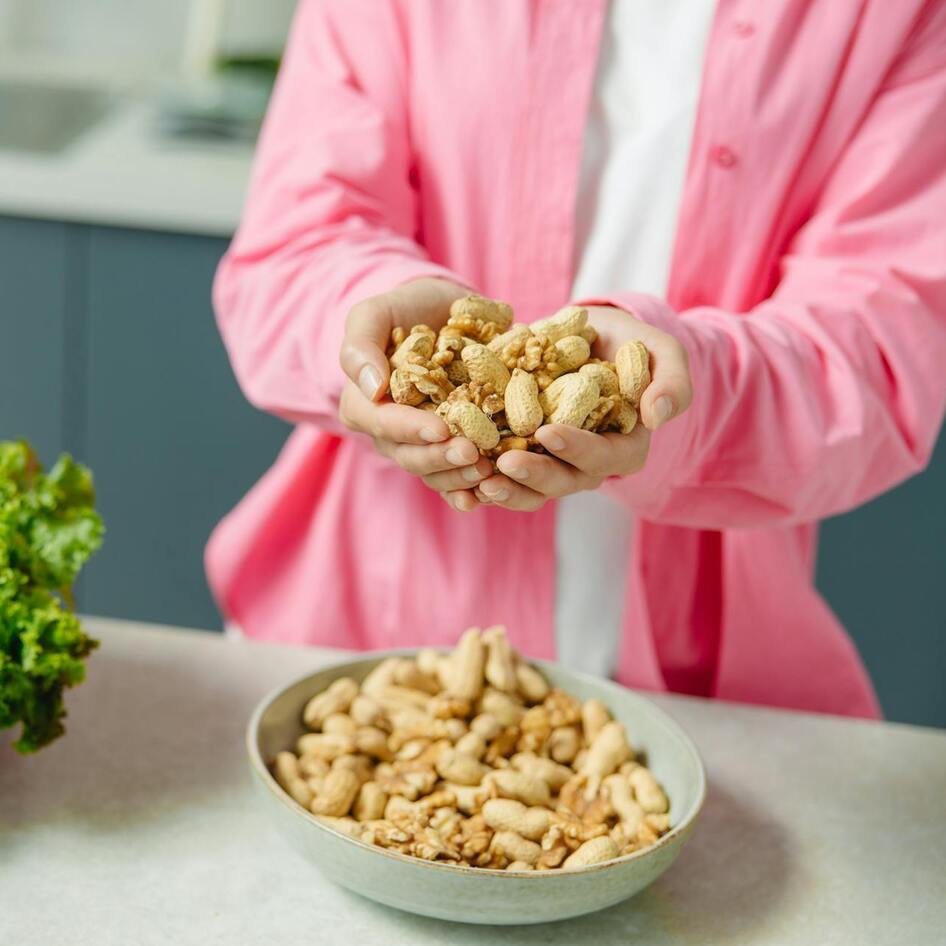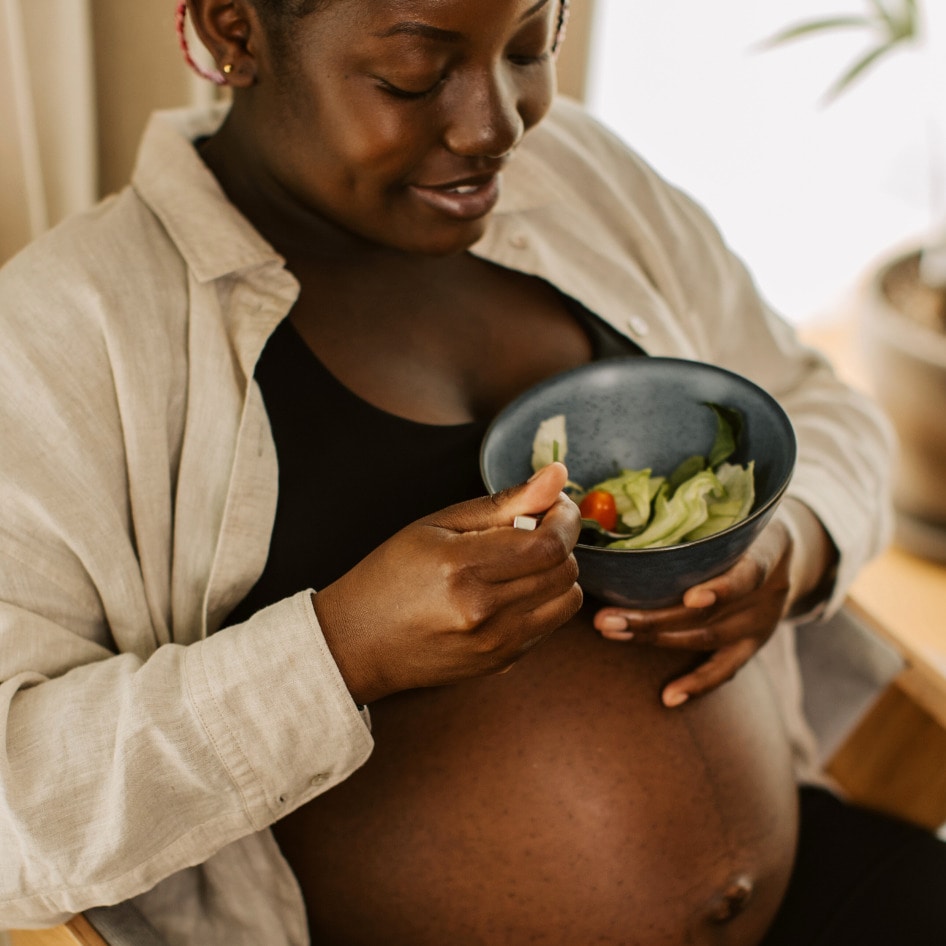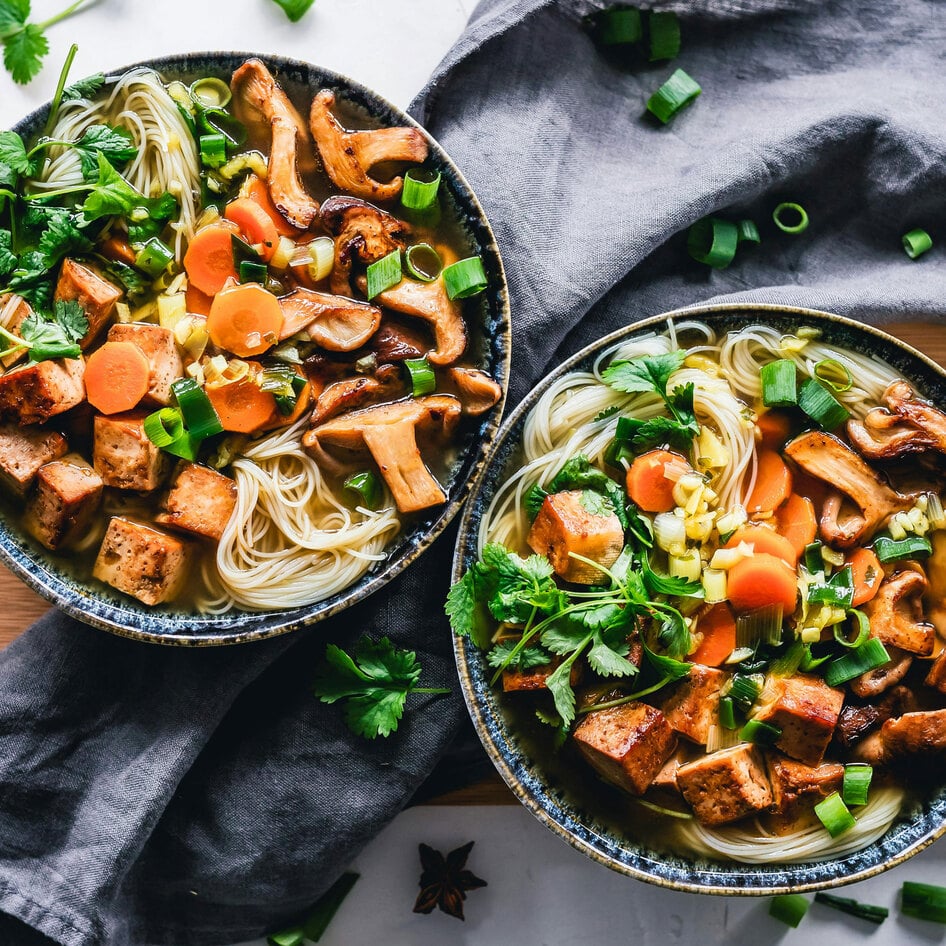According to the World Health Organization, around one in six people globally are affected by infertility, which is around 17.5 percent of the adult population. This means that fertility treatments are becoming increasingly common. In the US, last year, research from Pew Research revealed that more than 40 percent of American adults say they have either used fertility treatments themselves or they know someone who has.
There are many different types of fertility treatment, including medication and surgical procedures, but in vitro fertilization (IVF) is among the most common. Earlier this year, Zev Williams, MD, PhD, the director of the Columbia University Fertility Center told CNN Health that IVF contributes to two in 100 births in the US. She told the publication: “In many ways, IVF is actually one of the great triumphs of modern medicine.”
 Canva
Canva
For many people, going through IVF is an incredibly difficult process. It puts a strain on mental and physical health, and it can be costly, too, especially for those who go through multiple rounds of the fertility treatment. This is why those going through IVF must take care of themselves in the best way they can. Experts advise getting plenty of sleep and rest, limiting alcohol intake, and eating a healthy diet filled with fruits and vegetables.
We spoke to fertility specialist Nirali Shah Jain, MD, a reproductive endocrinologist at Reproductive Medicine Associates (RMA), to find out more about why a Mediterranean-style diet is recommended for people going through IVF. But first, here’s more about what the fertility treatment actually involves.
What exactly is IVF?
IVF isn’t just one procedure. It is actually a process of multiple procedures, which are usually carried out over several weeks.
It begins with fertility drugs, which, per Healthline, are designed to “wake up” the ovaries and help stimulate them to release more eggs than normal. After that, an injection of human chorionic gonadotrophin (widely known as the “pregnancy hormone”) is administered before the eggs are harvested at a fertility clinic.
In the clinic, the eggs are fertilized with sperm to create embryos. After that, the aim is that the embryos will be successfully implanted into a uterus, and the pregnancy begins.
 Unsplash
Unsplash
According to The IVF center, on average, more than 55 percent of people aged under 35 and more than 40 percent of those aged between 35 and 37 will get pregnant after one round of IVF. This percentage falls as the age of the person undergoing IVF increases.
The UK’s Human Fertilisation & Embryology Authority notes that IVF is recommended to a diverse range of individuals for various reasons, including unexplained infertility, the use of surrogacy, or damage to reproductive organs.
What foods should you eat during IVF?
According to Jain, “There is no magic food that is linked to higher IVF success rates,” but following a balanced, healthy diet filled with many different nutritious foods might increase the chance of success.
This is because many different nutrients directly impact reproductive health. Iron, for example—which is available in high amounts in several foods, including leafy greens, nuts, tofu, and beans—can help to support the functioning of the female reproductive tract. Omega-3, which can be found in fish and algae, also helps to regulate reproductive hormones.
Many nutrients also help set the stage for a healthy pregnancy, says Jain. “For example, folic acid prevents neural tube defects and omega-3 can help with fetal brain and eye development,” she explains.
 Pexels
Pexels
BECOME A VEGNEWS VIP: Get exclusive product deals, freebies, and perks galore!
You can also get many important nutrients from prenatal vitamins. Jain adds that anybody who is trying to get pregnant, be it naturally or IVF, should consider taking these vitamins, which are designed to support reproductive health and prepare the body for pregnancy.
“I actually recommend any woman who is trying to conceive within the next year or so to be on a prenatal vitamin,” says Jain. “It takes time for your body to adjust, and you may have to test out a few brands before you find one that you like and can be consistent with.”
She adds that IVF patients might also want to consider taking a daily CoQ10 supplement. “We think that this is one reliable and easy supplement that truly improves egg quality because it plays an important role in ATP synthesis and mitochondria, aka the powerhouse of the cell,” she explains.
Many experts in the fertility field, including Jain, recommend that people undergoing IVF also adhere to a Mediterranean-style diet, which is widely considered to be one of the healthiest ways to eat due to its emphasis on plant-based whole foods.
Why many fertility experts recommend a Mediterranean diet
In the US, many people follow a Standard American Diet, which tends to be high in processed foods, refined sugar, and saturated fat. Research from the Centers for Disease Control and Prevention suggests that nine in 10 of Americans struggle to eat enough fruits and vegetables.
In the Mediterranean, however, research suggests that diets tend to be higher in not just fruits and vegetables, but also nuts, seeds, whole grains, nuts, extra virgin olive oil, and legumes.
“I do think sticking to a well-balanced diet that incorporates whole grains, fruits, vegetables, and healthy fats is helpful during IVF treatments,” says Jain. “However, this is based on a ‘eat good, feel good’ mentality.”
 Getty
Getty
“The hormones we prescribe during IVF treatment tend to make patients feel bloated, tired, and constipated,” she continues. “Consuming fried and processed foods while you already do not feel good, is not helpful to the bigger picture. So while there isn’t a magic recipe to balance your hormones, you will definitely tolerate the drastic change in estrogen levels better if you are eating foods that make you feel good.”
She notes that while there are many diets that prioritize nutrient-dense ingredients, her go-to is the Mediterranean diet. “My favorite is the Mediterranean diet which has tons of vegetables, fruits, low-fat dairy, plant-based proteins like chickpeas, mono-unsaturated oils like olive oil, and minimally processed poultry and fish,” she says.
While many people who follow a Mediterranean-style diet do eat meat, it tends to be in much smaller amounts, and red meat is generally avoided. Instead, plant proteins, like nuts, seeds, and legumes, are emphasized.
“This diet is particularly helpful for vegetarians, like myself, in meeting my daily protein requirement, which is otherwise hard to achieve with other diet genres,” adds Jain.
For more on the Mediterranean diet, you can find an abundance of guides, news updates, and more here.
For more plant-based stories like this, read:
JUMP TO ... Latest News | Recipes | Guides | Health | Subscribe



